Science Talk
With our Science Talk blog, we hope to lift the lid on the black box that is the ICR: to show you inside our labs, to introduce you to a few of the people here who make the discoveries, and to allow them to tell some of the stories behind the science. We try to put our discoveries in a wider scientific context, and give an idea of how our science is actually done. We also give you the view from the ICR of important developments in the wider world of cancer research.
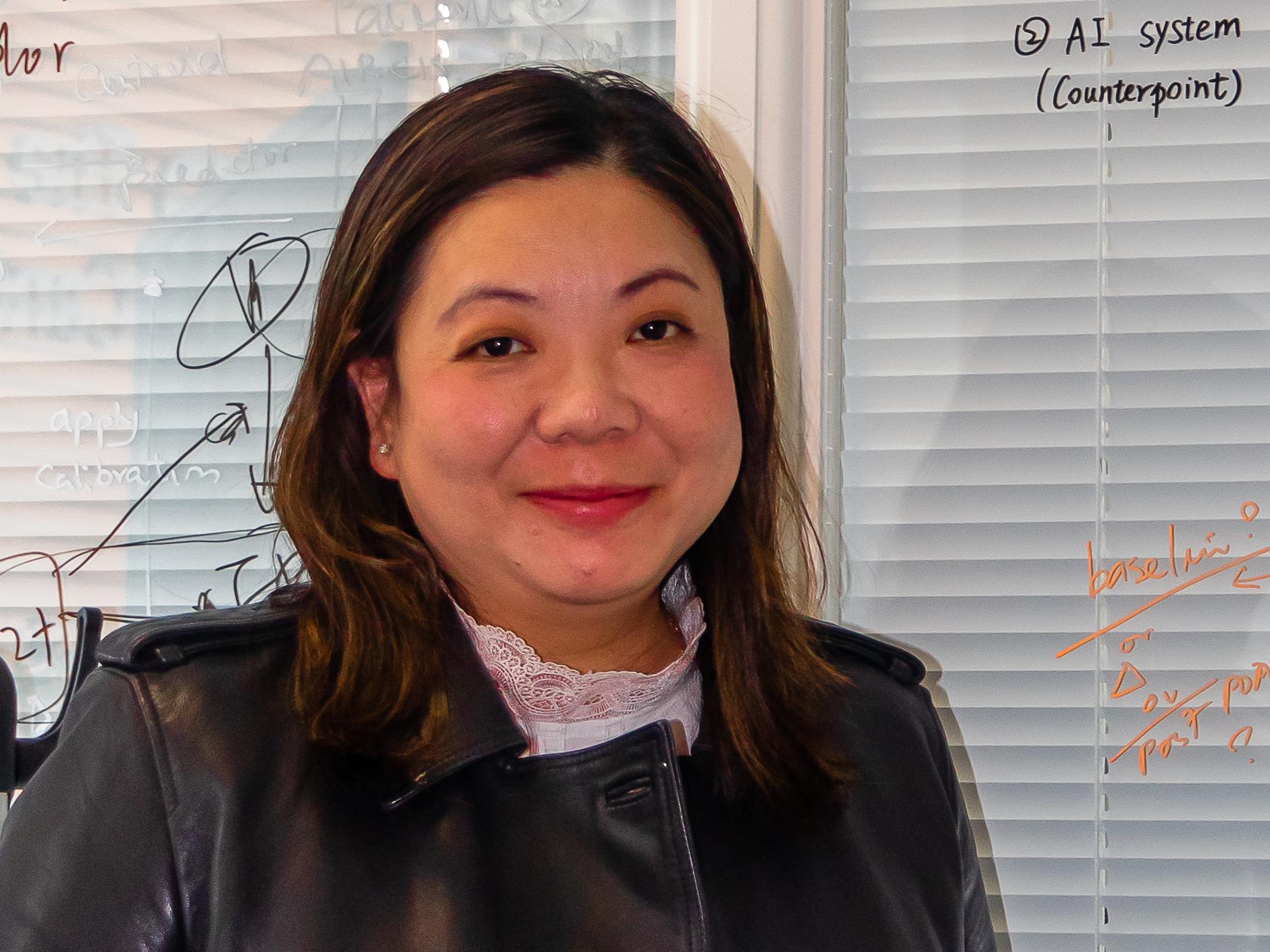
“I had come to realise that my research could contribute meaningfully to improvements in patient outcomes” – developing tests that could change clinical practice to personalise breast cancer treatment
Personalised medicine is increasingly allowing us to provide individuals with the treatments most likely to be effective for them. In some cases, it might even spare people from unnecessary treatment. Isy Godfrey spoke with Dr Maggie Cheang, co-inventor of the Prosigna® Breast Cancer Prognostic Gene Signature Assay, to find out more.
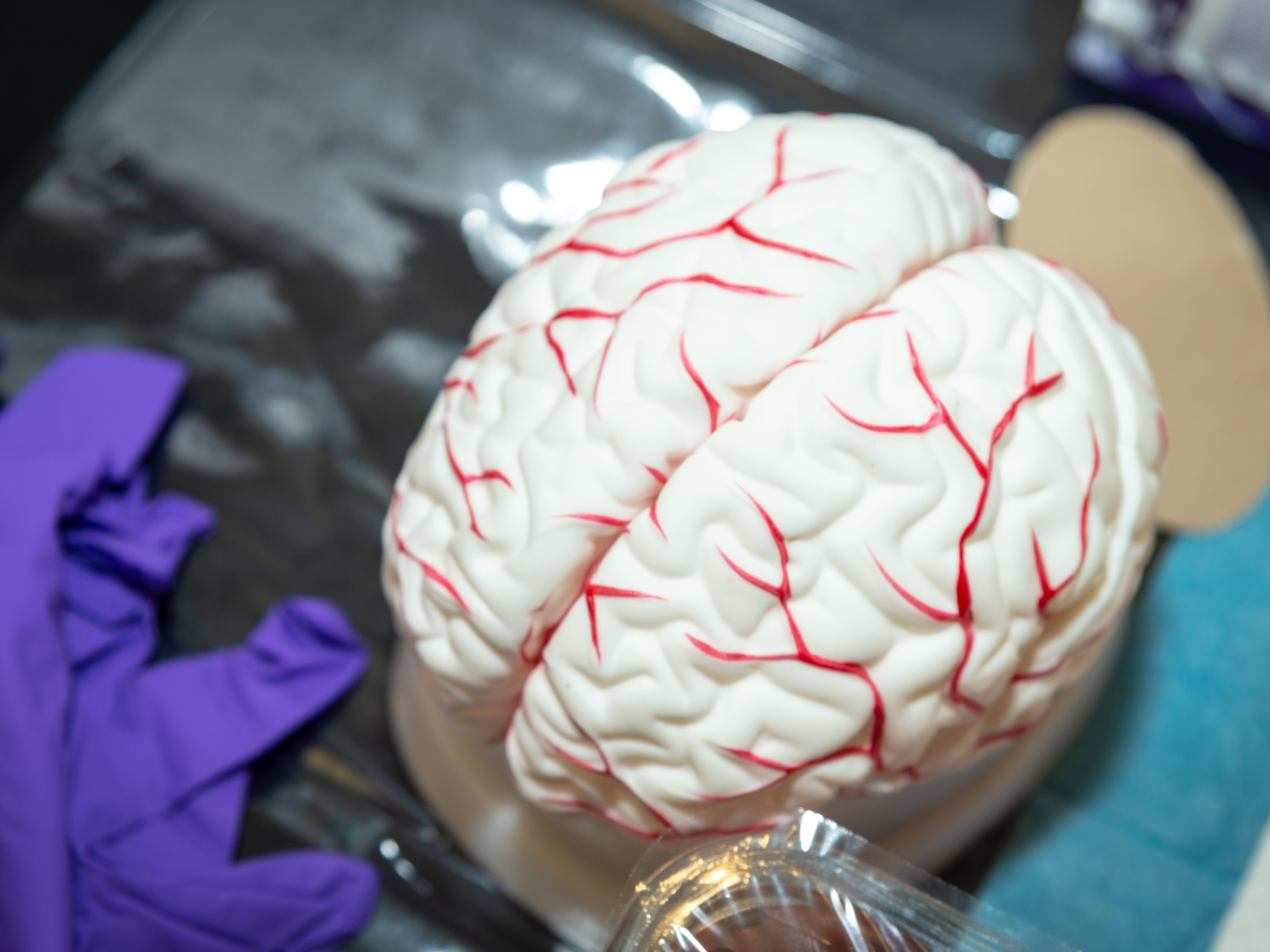
To really save the lives of children with brain cancer, we need to minimise morbidity
A recent review paper led by scientists at The Royal Marsden NHS Foundation Trust and The Institute of Cancer Research looks at how the treatment of paediatric brain tumours is evolving to prioritise children’s quality of life. Isy Godfrey spoke with corresponding author Dr Lynley Marshall to find out more.

Making a better home for our microbes – the relationship between the microbiome and disease, including cancer
To celebrate Darwin Day, The Institute of Cancer Research, London, invited Professor Martin Blaser to deliver its annual Darwin Lecture on the importance of microbes in a healthy life for humans. Professor Blaser took time to chat with the ICR’s Mark Jones ahead of the lecture.
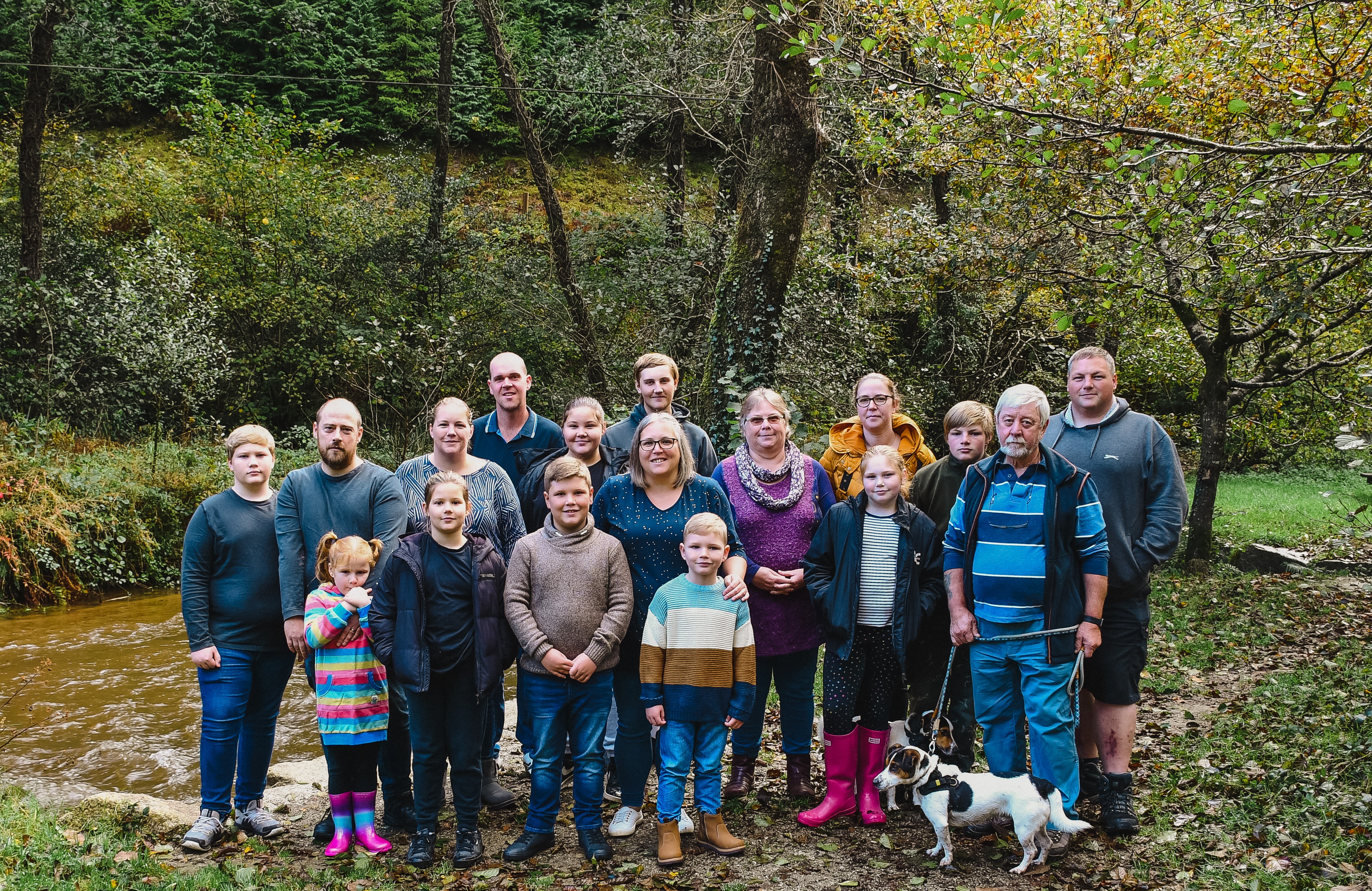
From end of life to full of life – how research is helping people live with cancer and hope
Cancer research is driving progress in treatment that means more and more people are living well for longer after a diagnosis of advanced cancer. Sarah Lothian spoke to five people who are each responding well to treatment and are now looking to the future, after receiving a devastating diagnosis.

Can exercise reduce cancer risk and support treatment?
There are many benefits to exercise, including reducing a person’s risk of cancer. Being physically active can also be helpful for many people during and after cancer treatment. Laura-Maria Horga explores some of the links between exercise and cancer by talking to patients, oncologists and researchers at The Institute of Cancer Research, London.
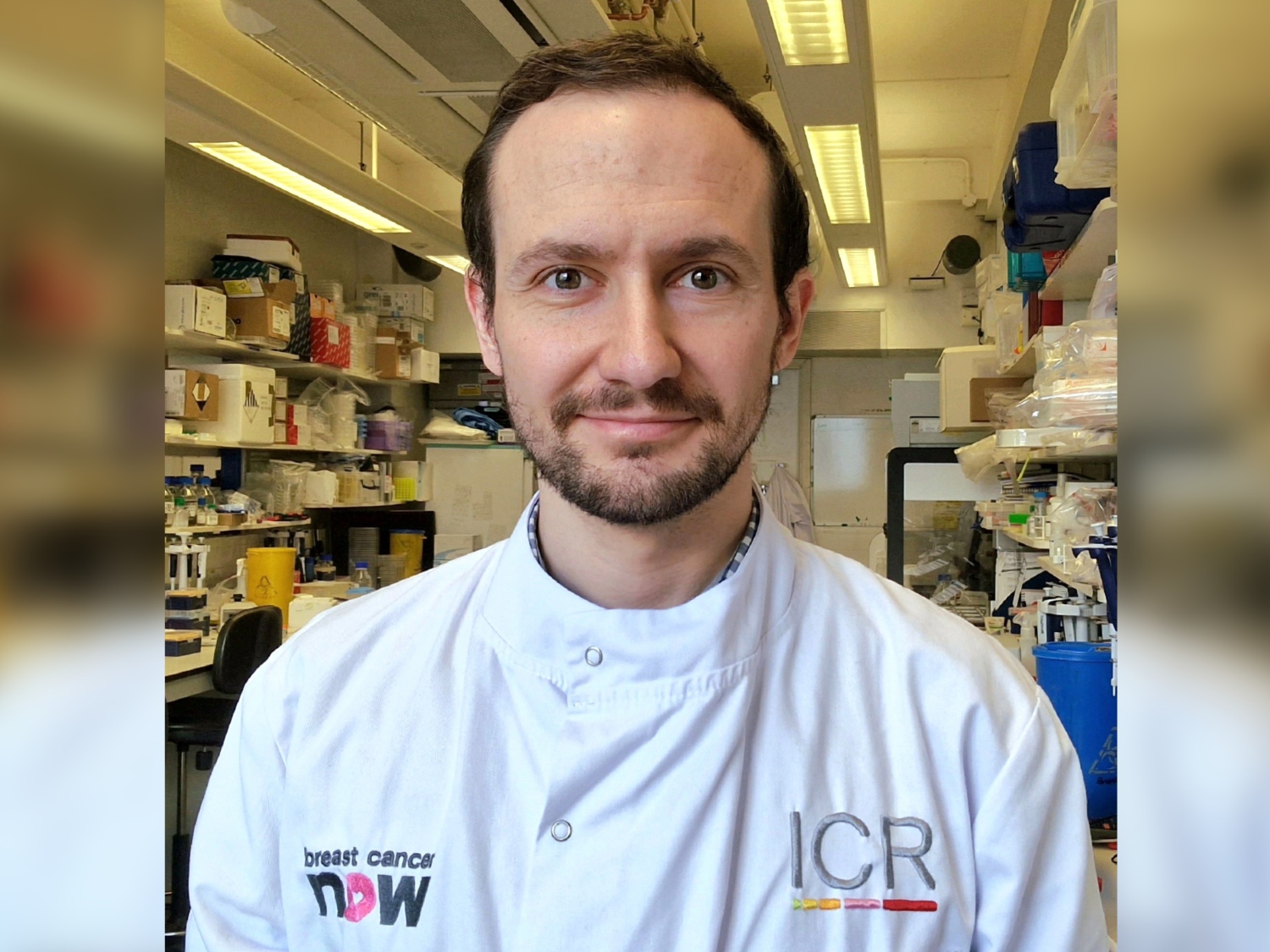
“I survived cancer as a child and now I’m working to defeat it” – Andrew’s story
Andrew Wicks, a PhD student at The Institute of Cancer Research, knows firsthand what it’s like to face cancer. Diagnosed with acute lymphoblastic leukaemia (ALL) at the age of 12, he went through years of treatment before getting the all-clear. Now, wanting to help others with cancer, he is carrying out research in our Breast Cancer Research Division. Here, he shares his story.

Using the principles of evolution to defeat cancer
This Evolution Day, we look at how scientists in the Centre for Evolution and Cancer at The Institute of Cancer Research, London, are applying the principles of evolution to their research.
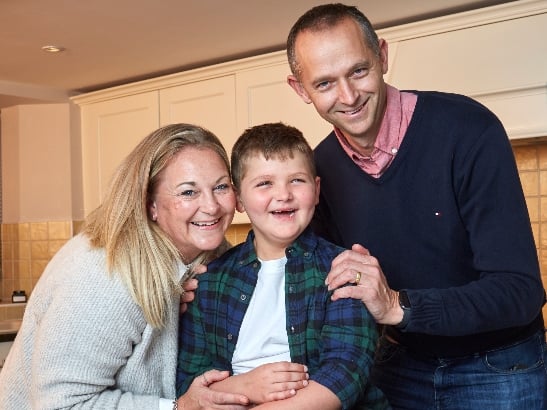
“We need to stop other children from having to go through this” - Tommy’s story
Tommy Edwards was just four years old when his parents noticed symptoms suggesting something wasn’t right. Tests revealed he had acute lymphoblastic leukaemia (ALL). Following nearly three years of treatment, Tommy is now looking towards the future. His parents, Chris and Jo Edwards, have set up a charity to fund research into ALL. In this blog, Chris explains how groundbreaking work by scientists at The Institute of Cancer Research is giving them hope for the future.
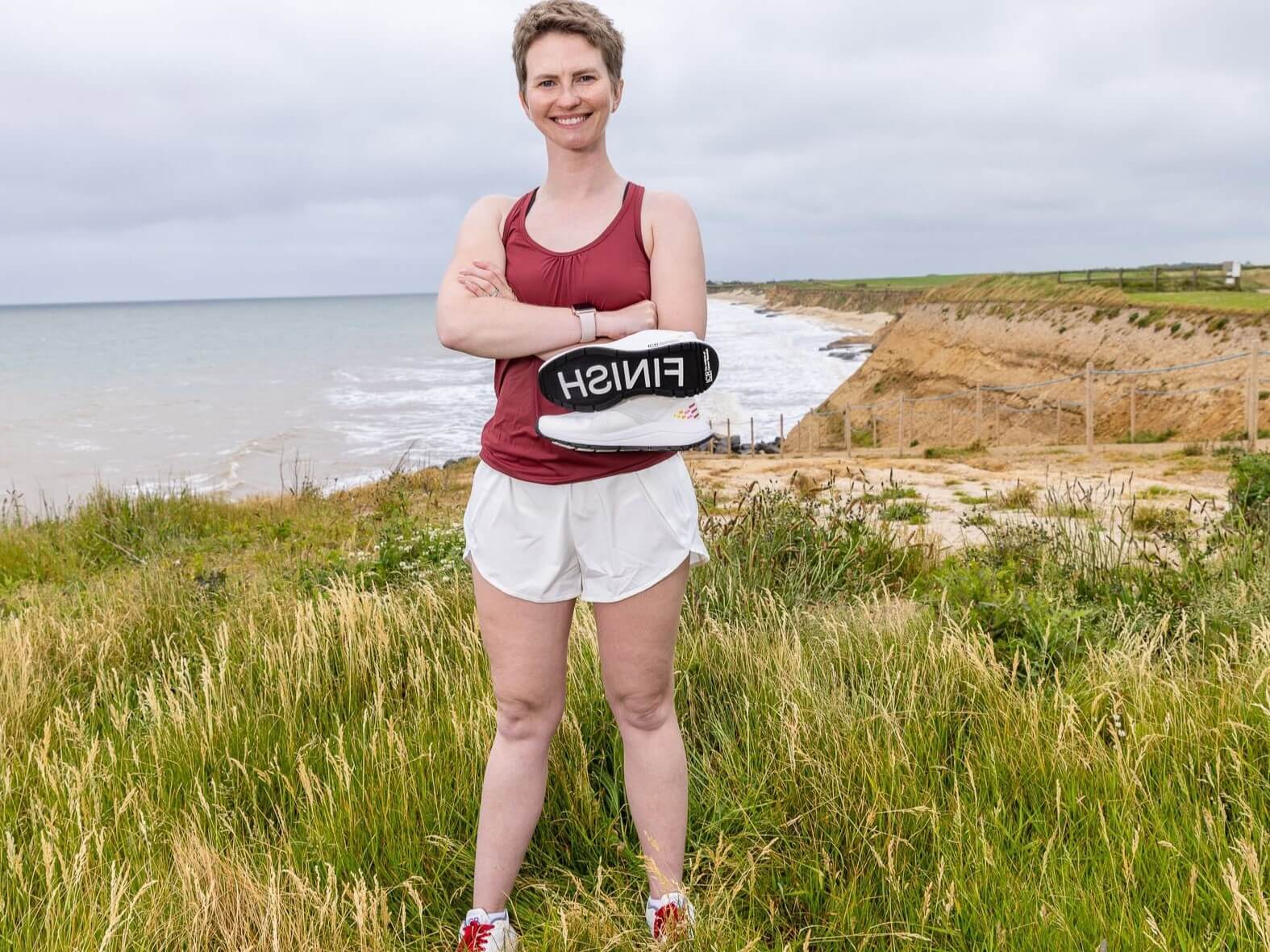
“My experience has highlighted to me just how vital cancer research is” - Erin’s story
Erin Kennedy MBE is a British Paralympic coxswain. In 2022, at the age of 29, she was diagnosed with triple negative breast cancer, and was successfully treated. She later found she has a mutation in her BRCA1 gene which means she has a higher risk of her cancer returning. In the summer of 2023, she supported our Finish Cancer campaign. Here she tells her story.
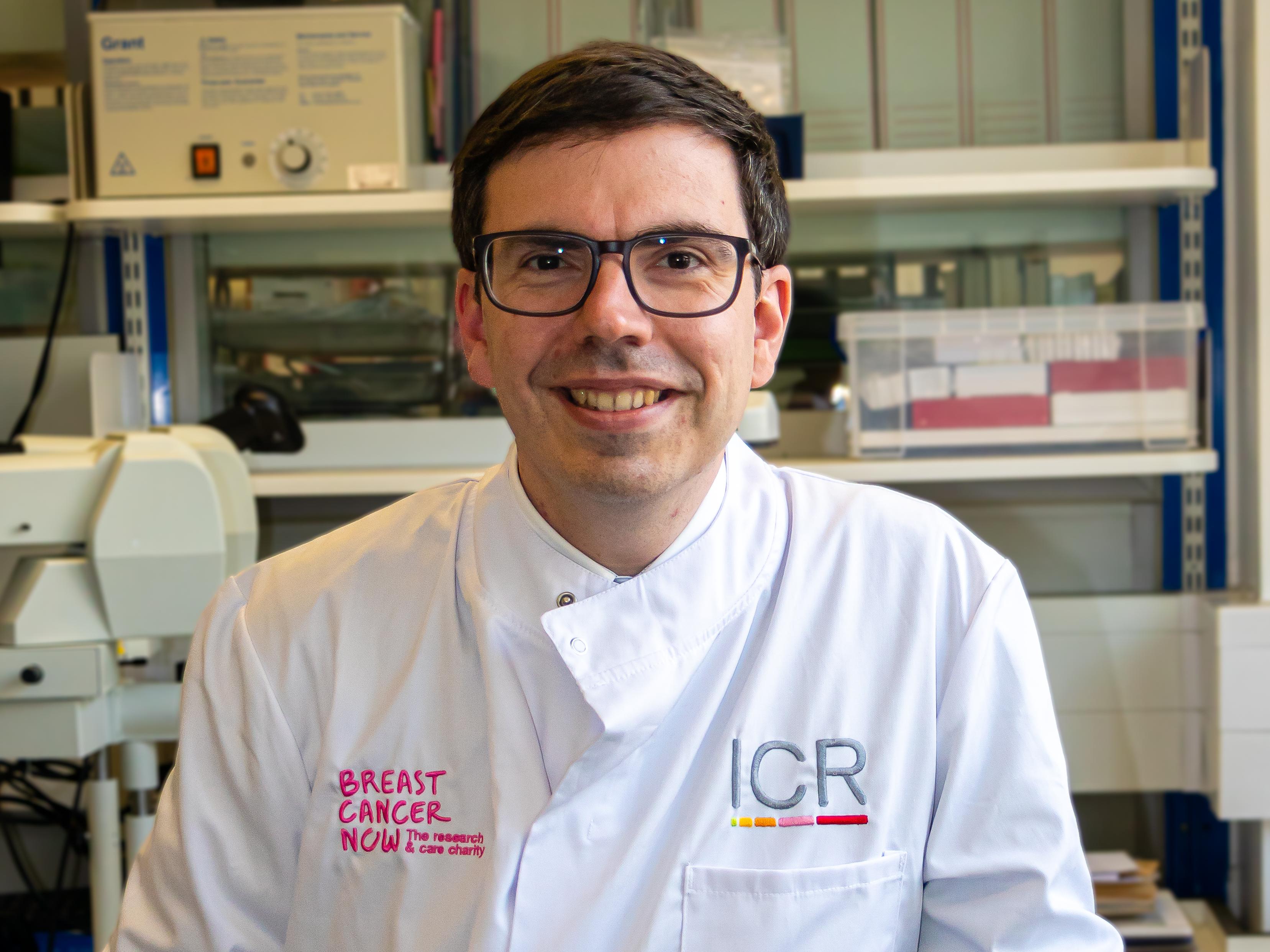
Harnessing the power of AI to improve outcomes for people with breast cancer
Scientists at the ICR are investigating how AI can help us improve the lives of people with breast cancer. Here, we learn about the work of Dr Stephen-John Sammut and other researchers who are focusing on this technology.

We can’t defeat cancer without acknowledging the differences between men and women
Isy Godfrey looks at why sex disparities persist in cancer and speaks with Dr Anna Wilkins about her work highlighting the sex gap in bladder cancer survival.
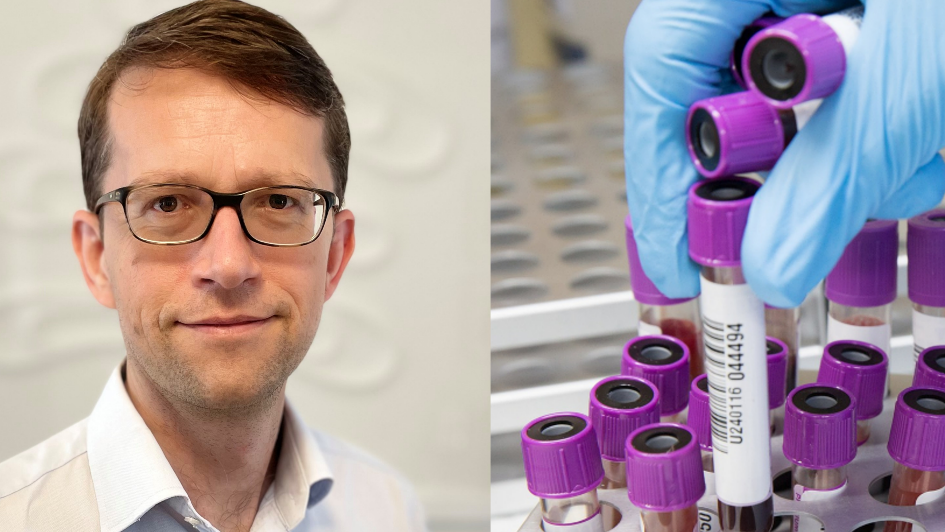
ESMO 2023: Using blood tests to help treat breast cancer more precisely – Professor Nick Turner on his award-winning research
Professor Nicholas Turner, Professor of Molecular Oncology at The Institute of Cancer Research, London, and Consultant Medical Oncologist at The Royal Marsden NHS Foundation Trust, has received the Translational Research Award by the European Society for Medical Oncology (ESMO). Laura-Maria Horga spoke with him about the remarkable impact he has had in cancer research throughout his career so far.

Our changing approach to rare cancers is driving progress, but we still have further to go
To mark Rare Cancer Day, Isy Godfrey looks at how we are making progress in this field and speaks with paediatric brain tumour expert Professor Chris Jones about his experiences.
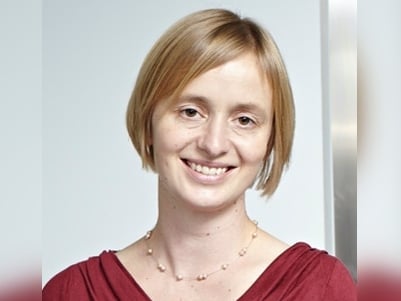
‘The role of advocacy is extremely important’ – improving treatment for the childhood cancer neuroblastoma
Much of our cutting-edge work is only possible because of the help we receive from our supporters, including our wonderful family charity partners. Dr Sally George, who leads our Developmental Oncology group at the ICR, explains why these partnerships are so important.
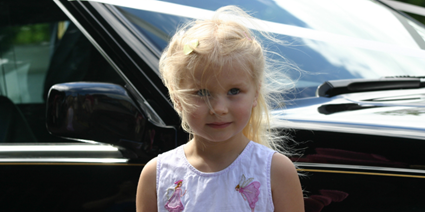
“We’re all working towards a future where children don’t die from cancer” – Hannah's story
Hannah Tarplee was four years old when her parents noticed a lump in her tummy which turned out to be a cancerous tumour. Despite intensive treatment, it became untreatable, and Hannah died just seven months after the lump was discovered. The Little Princess Trust, which was set up in her memory, funds our research, as one of our valued family charity partners. Her mum, Wendy Tarplee-Morris, explains how Hannah’s legacy is now giving hair and hope to thousands of children and young people.
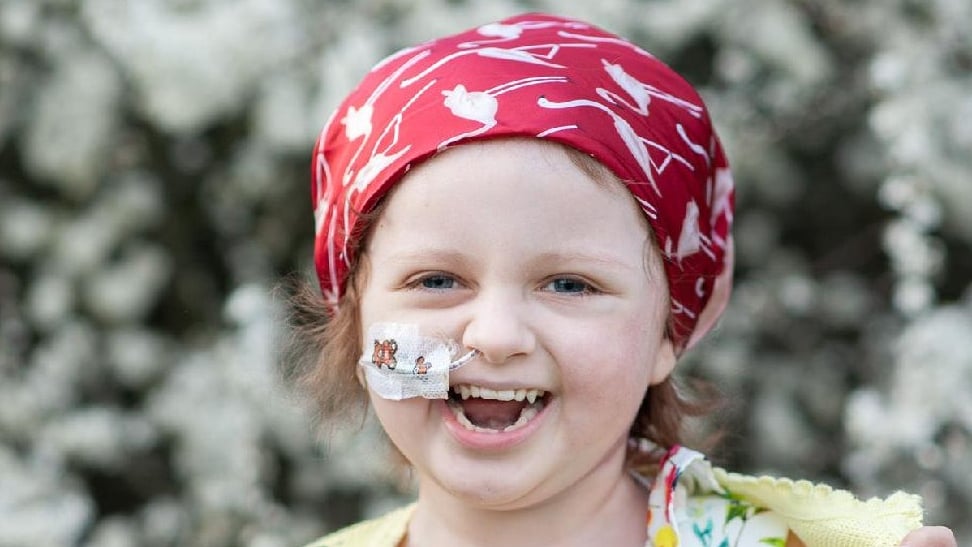
“Research is what’s going to save these children” – Siobhan’s story
Siobhan Mather was two years old when she became lethargic and didn’t want to eat. Tests revealed she had a tumour above her adrenal gland - it was neuroblastoma. With treatment, Siobhan went into remission and her family and friends raised money to fund a trial abroad. Sadly, the cancer returned, and Siobhan was unable to travel. She passed away in June 2019 when she was four years old. Her parents, Sarah and Antony Mather, explain how they’re using the funds raised to support our research as one of our valued family charity partners.
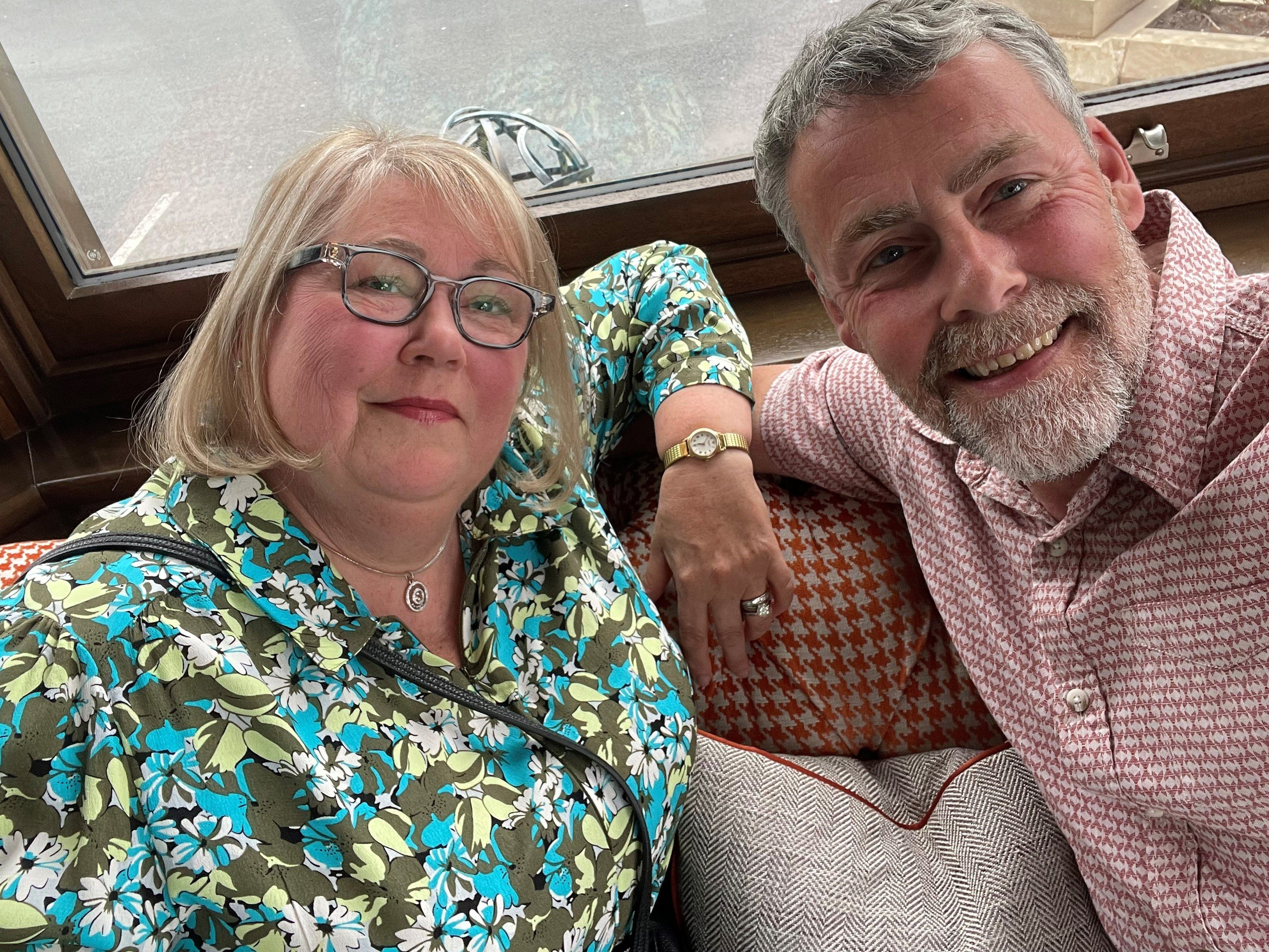
“Immunotherapy is a game-changer” – Glenys’ story
Glenys Gregory recently became a grandmother, but at one point, she’d wondered if she would live to see him born. In January 2020, Glenys was diagnosed with advanced lung cancer after nursing her mother through the same disease. Due to the coronavirus pandemic, she went straight onto immunotherapy and a scan in summer 2023 revealed that she had no evidence of disease. Here she tells her story.

Cancer researchers are shining a spotlight on RNA
To mark World RNA Day, Isy Godfrey explores why cancer researchers are increasingly interested in RNA and considers the impact this essential molecule may have on the future cancer treatment landscape.
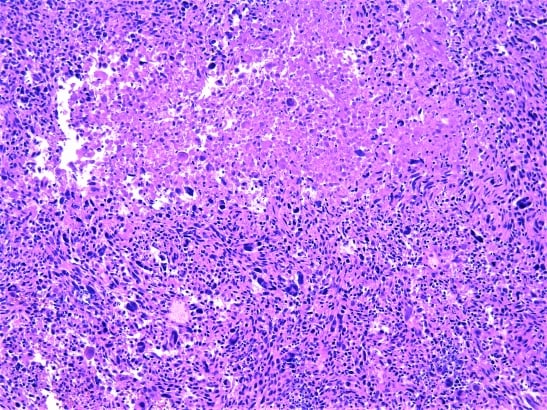
How do we overcome treatment resistance in a sarcoma cancer with already limited treatment options?
Leiomyosarcoma is a type of soft tissue sarcoma that is hard-to-treat and associated with a poor prognosis. Scientists at the ICR are working to better understand the biology of this cancer to develop more targeted and effective treatment options. Elena Daviter-Nowell spoke to Dr Will Kerrison about the future of cancer treatment for patients with leiomyosarcoma.
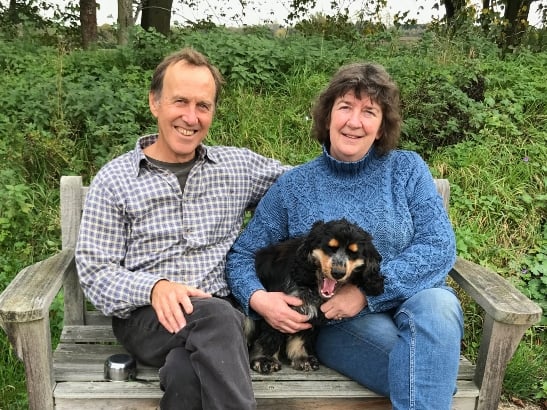
“Immunotherapy is the way forward” - Camilla’s story
Camilla Keeling was a month away from celebrating her 61st birthday when she was diagnosed with skin cancer. After having it removed, she thought she was in the clear but not long after, she found out it had spread to her lungs, and later, her brain and bowel. She is now receiving immunotherapy which has seen her tumours shrink and given her renewed hope. Here is her story.